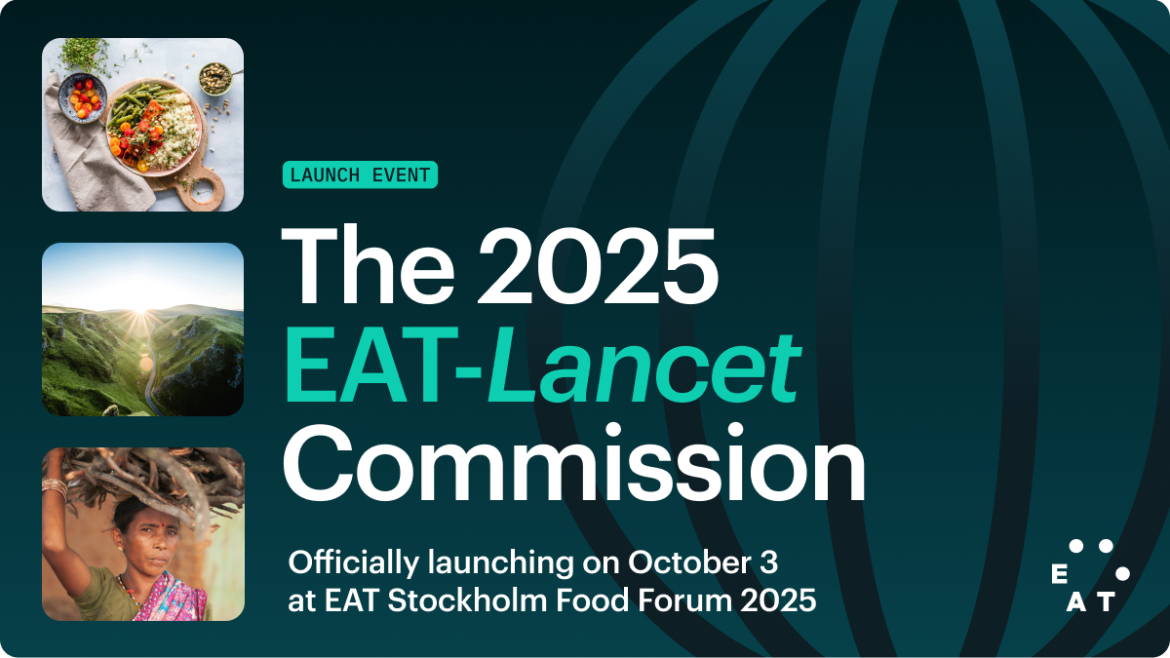By Muhammad Amaan
A 2025 EAT-Lancet study said less than one per cent of the world’s population lives in a “safe and just space” where food needs, human rights and environmental limits are met.
The report, released by The Lancet Group made available to newsmen in Abuja, warned that global food systems are exceeding planetary boundaries and generating about 30 per cent of greenhouse gas emissions.
It said food systems are driving the breakdown of five critical Earth processes; climate stability, biodiversity, land use, nutrient balance, and the release of harmful substances.
These include pesticides, antimicrobials, and microplastics.
The study found that the wealthiest 30 per cent of the global population account for more than 70 per cent of food-related environmental impacts, highlighting stark inequities.
It added that shifting diets toward healthier and more sustainable options, such as the Planetary Health Diet, could prevent up to 15 million premature deaths each year and reduce environmental damage.
Currently, global diets lack adequate fruits, vegetables, legumes, nuts, and whole grains, while meat, dairy, sugar, and highly processed foods are consumed in excess.
Mr Johan Rockström, Co-Chair of the Commission and Director of the Potsdam Institute for Climate Impact Research, said the report provides clear guidance on how to feed a growing population without breaching Earth’s ecological limits.
“Transforming food systems is essential to save millions of lives, cut emissions, halt biodiversity loss, and build a fairer food system,” Rockström said.
Ms Shakuntala Thilsted, Co-Chair of the Commission and Director for Nutrition, Health and Food Security at CGIAR, added that workers in the food system must also be protected.
“Too many workers are underpaid and excluded from basic protections. Transformation must guarantee the right to food, fair work, and a healthy environment for all,” she said.
The report recommended eight priority actions, including promoting traditional diets, making healthy foods affordable, adopting sustainable farming, halting ecosystem destruction, reducing food waste, and ensuring fair labour conditions.
It estimated that the benefits of reform could reach five trillion dollars annually through improved health, restored ecosystems, and greater climate resilience, far outweighing the 200 to 500 billion dollars needed to transform food systems.
The Commission urged governments, businesses, and citizens to urgently realign food production, consumption, and financing to support human well-being and planetary health.
It warned that without immediate action, the world risks missing climate targets, worsening malnutrition, and widening inequities, especially in low- and middle-income countries.




